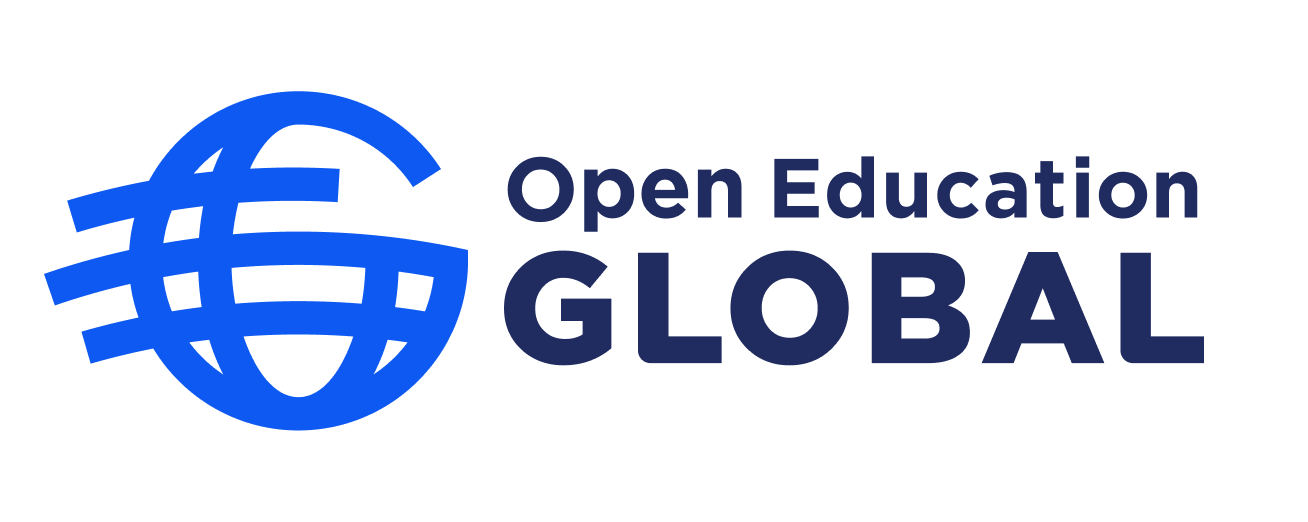Open Education Global (OEG) is seeking nominees for the organization’s board of directors – both self-nominations and nominations of your colleagues are enthusiastically welcomed. Nominees must be members of OE Global.
Being a board member gives you the opportunity to expand your professional network and provide strategic input into development of open education globally.
OEG board members elected this year will serve a two-year term beginning in May 2020. The board meets four times per year, twice virtually and twice in-person. One of the in-person Board meetings takes place in conjunction with the OE Global annual conference which Board members are expected to attend. The board member’s institution is expected to cover the cost of time and travel associated with performing duties as an OE Global Board member.
The OEG board consists of up to 13 members who rotate and share responsibilities related to:
- Leadership and input into the mission, purpose, and strategic direction of OEG
- Securing funding and long term sustainable financial resources for OEG
- Advocating for and promoting OEG and its mission
- Growing and diversifying OEG membership
- Governance and monitoring of legal, financial and regulatory requirements
- Participating in OEG events
- Supporting and collaborating with OEG staff
Open Education Global desires a strong, internationally diverse Board of Directors. Nominees from all regions of the world are welcome. This year, we particularly welcome nominations from Central/South America, Africa, the Middle East, Asia and Europe with experience in fundraising and sustainability, membership growth and engagement, events and services, and operations including legal & finance.
We would like to thank and recognize the five board members whose terms are expiring:

Sophie Touzé, Open Education France, France
Willem van Valkenburg, Delft University of Technology, the Netherlands
Katsusuke Shigeta, Hokkaido University, Japan
Lena Patterson, eCampusOntario, Canada
Jane-Frances Obiageli Agbu, National Open University of Nigeria, Nigeria
Nomination Guidelines
- Submit nominations by 4 March 2020.
- The nominee must be from a member institution.
- Nominees must be willing to serve a 2-year term beginning May 2020.
- Self-nominations are welcomed and encouraged.
Upon receipt of a nomination, a member of the Nominating Committee will contact the nominee to verify their interest in serving on the board and to answer any questions. The nominee will then be asked to submit a resume, and will have a short telephone interview with members of the Nominating Committee.
Questions about the nominating process or duties/time commitment of a board member? Please contact memberservices@oeglobal.org.
Candidate submissions are due by 4 March 2020 12:00 UCT.
